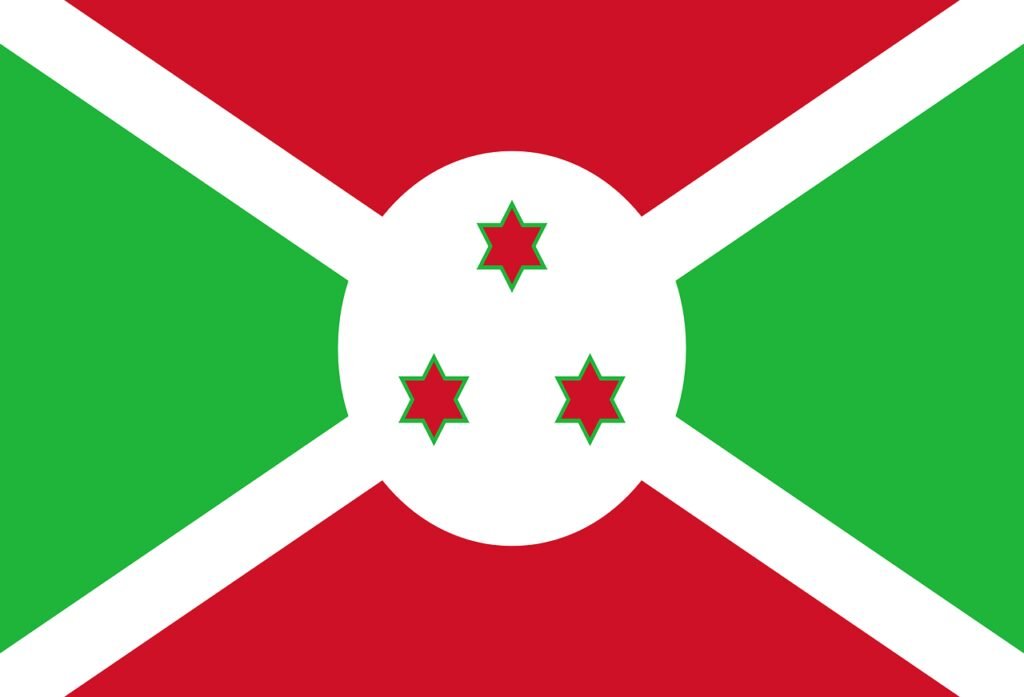
Welcome to Burundi, a small but vibrant country nestled in the heart of Africa. This guide will provide you with all the essential information you need to know about Burundi, from its location and climate to its rich biodiversity and cultural heritage.
Location and Surface Area
Burundi is located in East Africa, bordered by Rwanda to the north, Tanzania to the east and south, and the Democratic Republic of Congo to the west. With a total surface area of approximately 27,834 square kilometers, Burundi is one of the smallest countries on the African continent.
Climate
Burundi enjoys a pleasant tropical climate with two distinct seasons – a dry season from June to September and a wet season from October to May. The average temperature ranges from 20°C to 27°C, making it a comfortable destination year-round.
Fauna and Flora
Burundi is a haven for nature enthusiasts, boasting diverse wildlife and lush vegetation. The country is home to several national parks and reserves, such as Kibira National Park and Ruvubu National Park, where you can spot a wide range of species including elephants, hippos, crocodiles, and numerous bird species.
Attractions
Despite its small size, Burundi offers a wealth of attractions for visitors to explore. From the stunning Lake Tanganyika, one of the largest freshwater lakes in the world, to the scenic tea plantations of Gitega, there is something for everyone. Don’t miss the chance to visit the historic city of Bujumbura, with its vibrant markets, colonial architecture, and beautiful beaches.
Population and Languages
Burundi has a population of approximately 11 million people, with a rich cultural diversity. The official languages are Kirundi and French, but English is also widely spoken, particularly in urban areas and tourist hubs.
Culture and Customs
Burundi is known for its vibrant culture and traditions. The Burundian people are warm and welcoming, and visitors are often greeted with open arms. Traditional dances, music, and art play a significant role in Burundian culture, and you can experience these firsthand during cultural festivals and events.
Hospitality
Burundians are renowned for their hospitality and generosity. Visitors can expect to be treated with kindness and respect, whether they are staying with a local family, exploring rural villages, or dining in a restaurant. The Burundian people take pride in sharing their culture and traditions with visitors.
Main Cities
The capital city of Burundi is Bujumbura, which is also the country’s largest city. Other major cities include Gitega, Ngozi, and Rutana. Each city offers its own unique charm and attractions, ranging from historical sites to bustling markets.
Airports and Airlines
Burundi is served by Bujumbura International Airport, which offers regular flights to and from various destinations in Africa and beyond. Several airlines, including RwandAir, Kenya Airways, and Ethiopian Airlines, operate flights to Burundi, ensuring convenient access for visitors from around the world.
Visa and Currency
Visitors to Burundi are required to obtain a visa prior to arrival. The visa application process is straightforward, and you can apply at the nearest Burundian embassy or consulate. The official currency of Burundi is the Burundian Franc (BIF), and it is advisable to carry some local currency for daily expenses.
Staying, Working, Studying, and Doing Business
Whether you are planning a short visit, considering working or studying in Burundi, or exploring business opportunities, the country offers a range of options. From luxury hotels and guesthouses to affordable accommodations, you will find suitable options to meet your needs. The government of Burundi has implemented various initiatives to attract foreign investment and promote business growth, making it an attractive destination for entrepreneurs and investors.
With its natural beauty, rich cultural heritage, and warm hospitality, Burundi is a hidden gem waiting to be discovered. Plan your visit to this enchanting country and experience the best that Africa has to offer.

